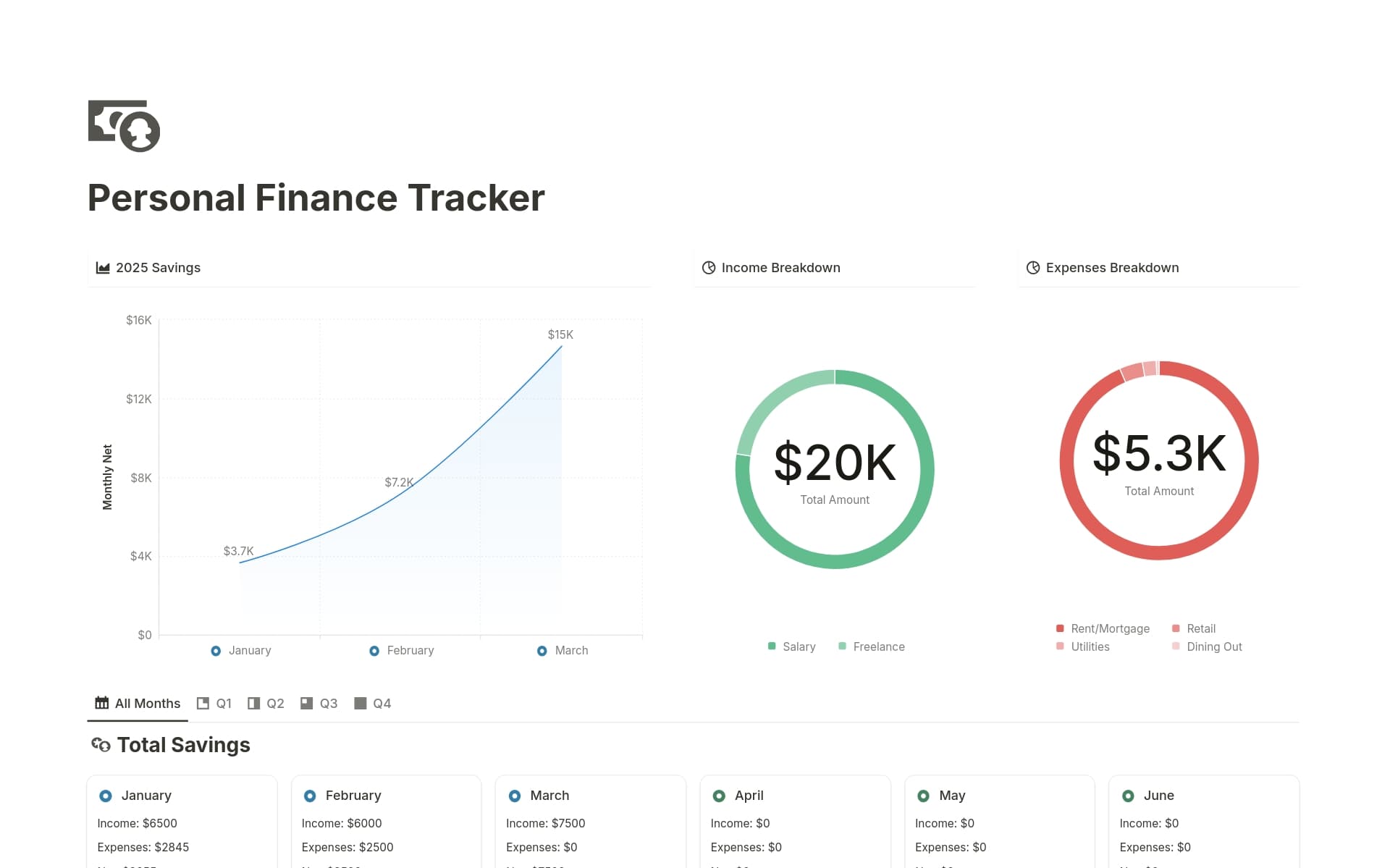Team initiatives are crucial for aligning efforts, fostering collaboration, and driving collective success within any organization. They help ensure that everyone is working towards common goals and that resources are being used effectively. A Team Initiatives template in Notion can streamline the planning and tracking process, making it easier to manage tasks, deadlines, and progress, thus enhancing team productivity and clarity.
Before you start creating your own Team Initiatives, check out these Team Initiatives Notion templates below to help make the process smoother and more efficient.
What Should Team Initiatives Templates Include?
Choosing the right Team Initiatives Template in Notion can streamline project management and enhance team collaboration. Here are key components to look for in a high-quality template:
Clear Objectives: The template should clearly outline the goals and expected outcomes. This helps team members understand the project's purpose and their roles in achieving these objectives.
Task Management Features: Look for templates that offer detailed sections for task assignment, deadlines, and progress tracking to keep everyone on schedule and accountable.
Collaborative Tools: Ensure the template integrates features that promote collaboration, such as shared calendars, document linking, and real-time update capabilities.
Customizability: A good template is adaptable to suit various project needs and team sizes. This flexibility allows for adjustments as the project scope or team structure changes.
Selecting a template with these components will not only boost productivity but also foster a cohesive and motivated team environment.
What Should Team Initiatives Templates Avoid?
When selecting a Team Initiatives Template in Notion, it's essential to be aware of certain features that might hinder rather than help. Here are three key components to steer clear of:
Overly Complex Structures: Templates with too many layers and subcategories can confuse and demotivate team members. Simplicity fosters clarity and action.
Fixed, Non-Customizable Elements: Avoid templates that don't allow you to modify elements according to your team's specific needs. Flexibility is key to adapting to various project requirements.
Generic, Non-Descriptive Titles: Templates that use vague titles for tasks or sections can lead to misunderstandings about their purpose. Clear, descriptive titles ensure everyone is on the same page.
Choosing the right template involves avoiding these pitfalls to ensure it complements and enhances your team's workflow, rather than complicating it.










